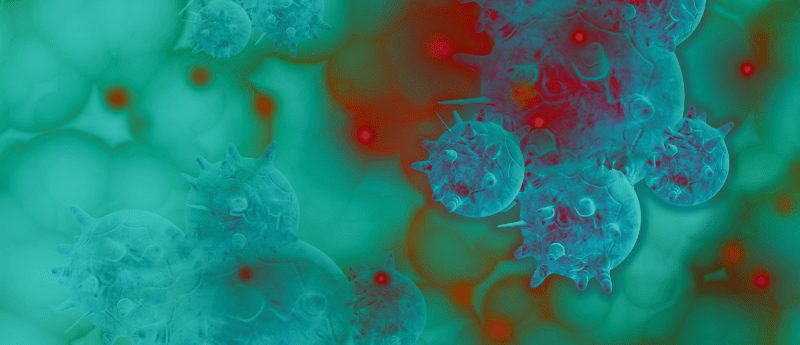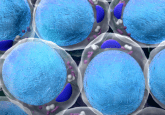Successful induced pluripotent stem cell-based vaccine created for pancreatic cancer in mouse models

Researchers at the University of Stanford (CA, USA) have created an effective pancreatic cancer vaccine within mice using induced pluripotent stem cells (iPSCs). These results further support the use of iPSCs vaccination in pancreatic ductal adenocarcinoma mutually for preclinical and clinical models.
Cancer vaccines, which prepare the immune system to target and remove cancer cells, have recently picked up in popularity. Vaccines made from immune cells, tumor cells, tumor-associated proteins, or their smaller components are among the approaches currently pursued by scientists.
Research published in the journal Stem Cell Reports details how a Stanford University team has shown that a cancer vaccine, generated from iPSCs and an immune adjuvant, can protect against pancreatic cancer in mouse models.
iPSC vaccination teaches the immune system to recognize a wide spectrum of non-mutated tumor antigens, therefore the technique may be efficacious for other malignancies with low tumor mutational burdens.
The Stanford researchers previously revealed that iPSCs, which can be created by reprogramming mature skin or blood cells, had gene expression patterns that are comparable to cancer cells, but not to normal tissue. Therefore, they postulated that a cancer vaccine based on iPSCs may be utilized to generate an immune response against malignancies.
The researchers created a cancer vaccine based on mouse iPSCs and tested it in a pancreatic ductal adenocarcinoma model. The iPSCs were irradiated to prevent them from dividing and were coupled with CpG, a vaccine adjuvant that can improve the functionality of antigen-presenting cells and improve immune responses. The sole use of CpG or iPSCs proved to be ineffective, however 75% of mice that received the combination of the two, entirely rejected the pancreatic cancer cells that were injected into them.
In the combination therapy group, an increase of CD8+ killer T-cells compared with control was observed, with the T-cells displaying enhanced activation. The combination vaccine stimulated the synthesis of inflammatory molecules IFN-gamma and IL-2 in CD8+ T cells, CD4+ memory T-cells and circulating dendritic cells. This information points to a comprehensive immune activation. The combination treatment also reduced the number of regulatory T-cells, which build up in the tumor microenvironment and dampen immune responses. The combination also inhibited other tumor-promoting immune cells, such as T-helper 17 cells, which have been associated to poor patient survival in humans.
In the past, stem cells have been employed in cancer vaccine developmental research, although mostly as a delivery method. The Stanford scientists believe that iPSCs might be the foundation of a cancer vaccination for tumors with enhanced iPSC-cancer hallmark genes. If the expression of those tumor-associated antigens in the iPSCs is verified, the researchers believe that novel peptide-based cancer vaccines could be developed.
“Compared with other immunological modalities, iPSC vaccination presents a broad-spectrum of non-mutated tumor antigens to the immune system, potentially making this approach applicable to pancreatic ductal adenocarcinoma and other cancers with low tumor mutational burdens,” the scientists wrote in the research paper.
Source: https://linkinghub.elsevier.com/retrieve/pii/S2213671121001995





